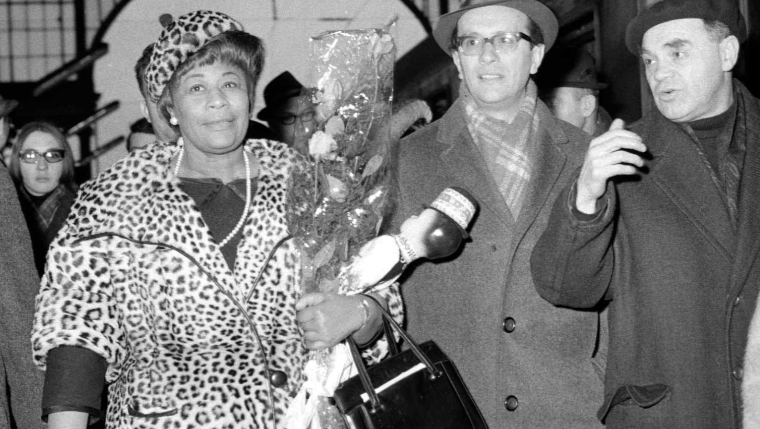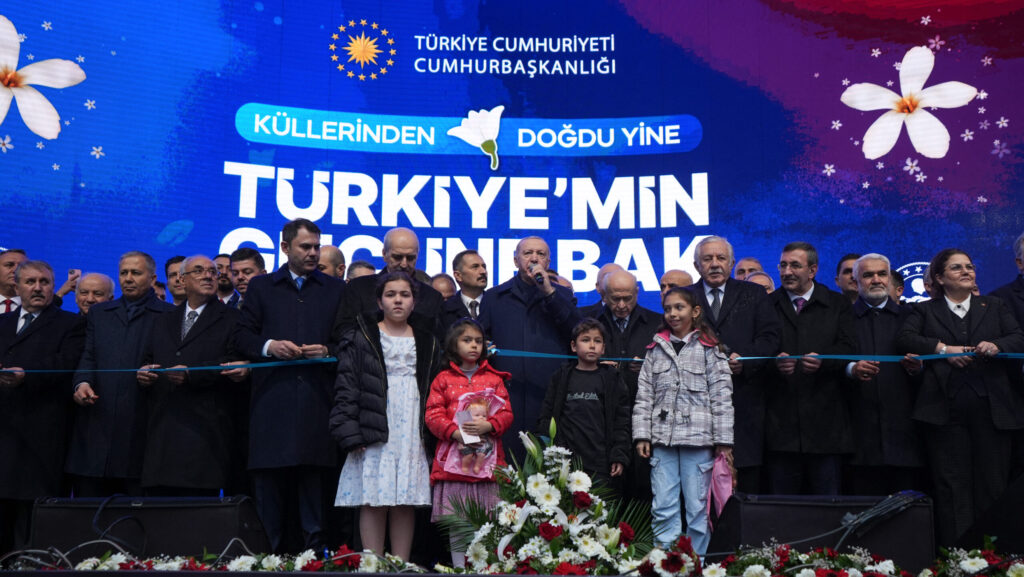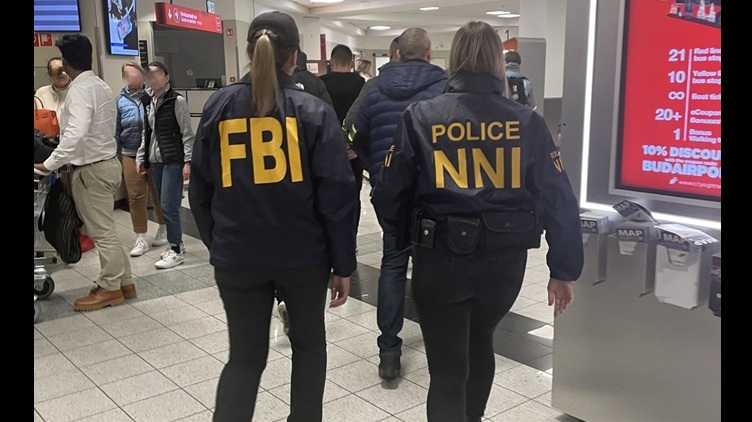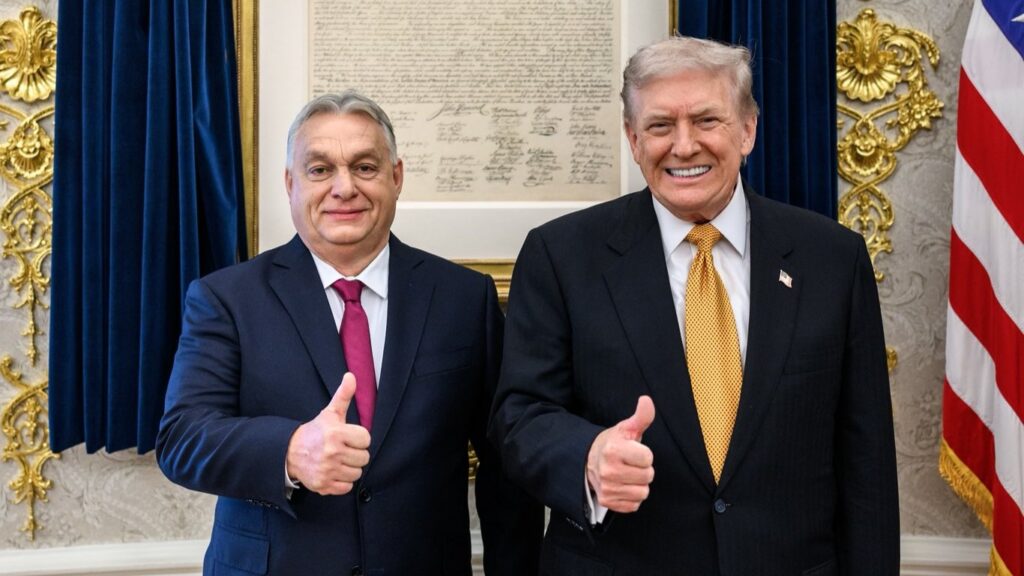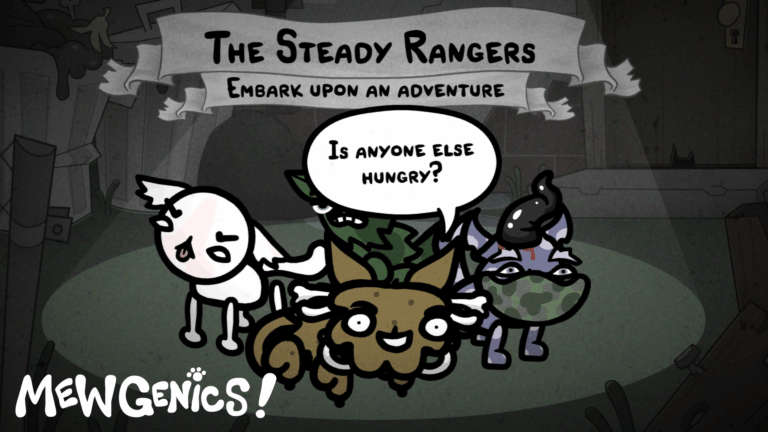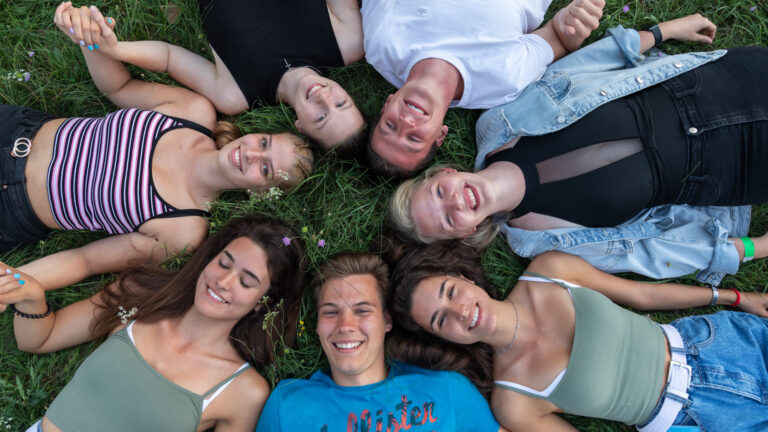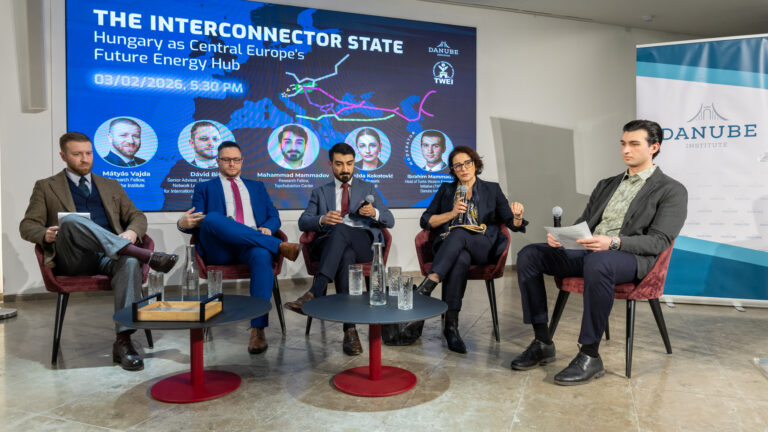The following is an adapted version of an article written by Barnabás Leimeiszter, originally published in Hungarian in Magyar Krónika.
Ella Fitzgerald visited Budapest for the first time in 1968, and after her memorable concert at the Erkel Theatre, she was even taken to a gypsy ball.
It was not an easy process for jazz (and Western pop music in general) to find its place in the cultural life of socialist Hungary. In many ways, the concert given by Louis Armstrong, arguably the most famous man in the world at the time, and his band on 9 June 1965, at the Népstadion (People’s Stadium) in front of 80,000 people, was a real milestone. It was memorable not only for its ecstatic atmosphere, but also because public transportation in Pest collapsed after the concert. When, three years later, one of Louis Armstrong’s most brilliant musical partners, or as she was referred to overseas, the ‘First Lady of Song’, Ella Fitzgerald, visited Budapest for the first time on a leap day, 29 February 1968, the traffic chaos did not repeat itself, but people were hanging even from the chandeliers at the concert held at the Erkel Theatre. ‘The heavily marked-up tickets sold out at the box office within hours; the most determined fans had lined up the night before to secure their seats for the big concert…A 14-year-old boy hid in the theatre for a whole day without food or drink, just so he could listen to the concert,’ musician and jazz writer János Gonda wrote in Muzsika magazine.
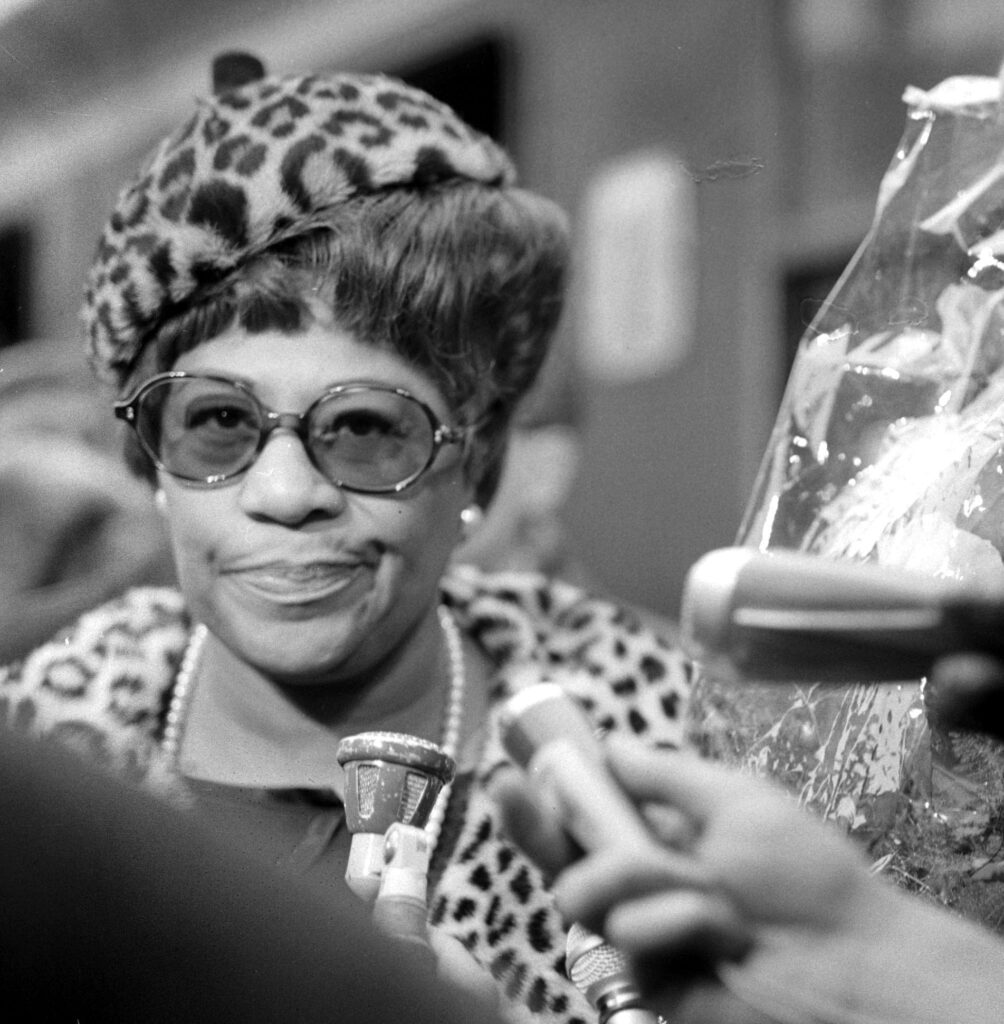
At the age of 51, Fitzgerald was in a transitional period of her career. Her contract with Verve Records, which had released her legendary albums dedicated to individual songwriters and other outstanding albums, had expired, but her manager, Norman Granz, had not yet founded her future musical home, Pablo Records. It was also a transitional period because, with the emergence of rock and new pop music styles, jazz had finally become a niche genre in America, and the ‘Great American Songbook’—the standards by Gershwin, Irving Berlin, Jerome Kern, Harold Arlen, Cole Porter, and others, which had previously made up the bulk of jazz singers’ repertoires—started to go out of fashion. What may have seemed novel to many in Hungary, which had been cut off from Western cultural influences for many years, was already considered old hat in the Western world.
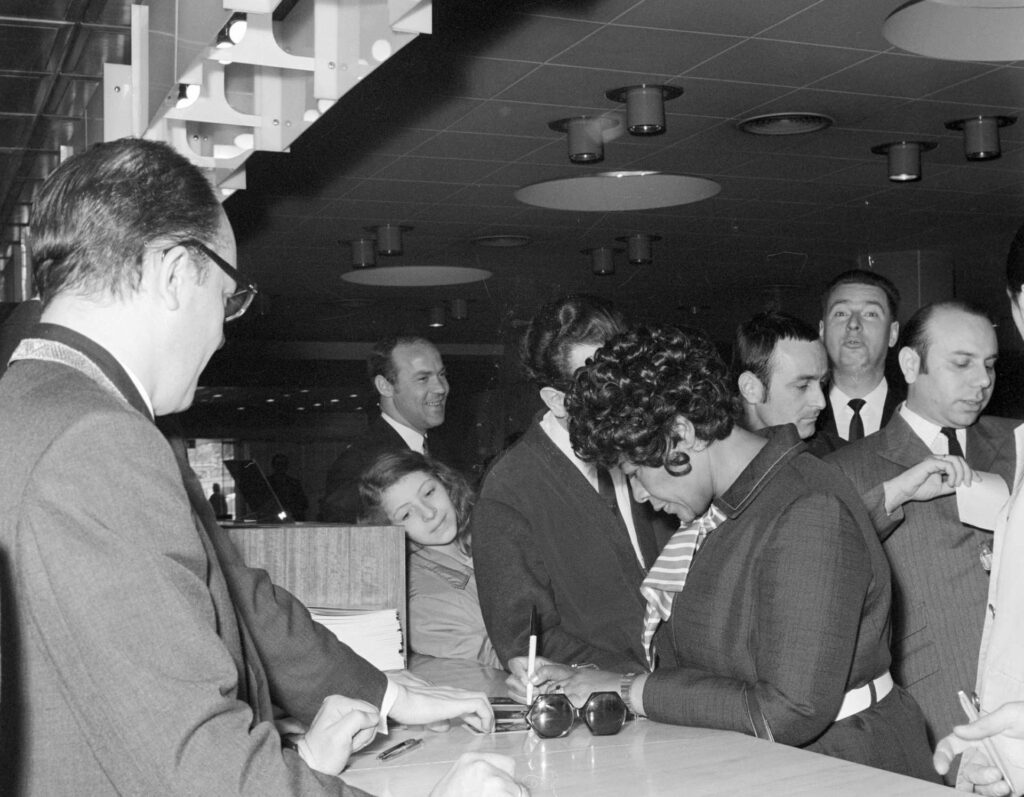
At the concert, which was broadcast live on the radio, Fitzgerald was accompanied by a trio led by a little-known pianist named Tee Carson. In addition to the evergreens, she also sang some newer pieces: ‘Sunny’, ‘Goin’ Out of My Head’, and ‘One Note Samba’ by bossa nova composer Antônio Carlos Jobim, the latter of which she used to delight the audience with her scat singing, or improvised gibberish imitating the sound of an instrument. According to Gonda, quoted above, the sound system left something to be desired: ‘In the first part of the concert, the bass was practically inaudible, and when it could be heard, it was distorted.’ He wrote of the singer: ‘Who could list all the different intonations and timbres in Fitzgerald’s performance? We often feel that the notes “break out” with the greatest possible naturalness, with a kind of instinctiveness that can only be observed in great folk singers. At other times, she switches with surprising suddenness to a more artistic, almost operatic tone.’
‘It is difficult to get enough of this magical voice, this carefree music-making, as it explores almost every possibility and genre of human singing’
András Pernye enthusiastically reported on the concert in Magyar Nemzet: ‘It is difficult to get enough of this magical voice, this carefree music-making, as it explores almost every possibility and genre of human singing, constantly renewing and reborn for almost three hours, mysteriously and tirelessly, with the spontaneity of a natural phenomenon, which is given its final form by the consciousness of a cultured artist.’
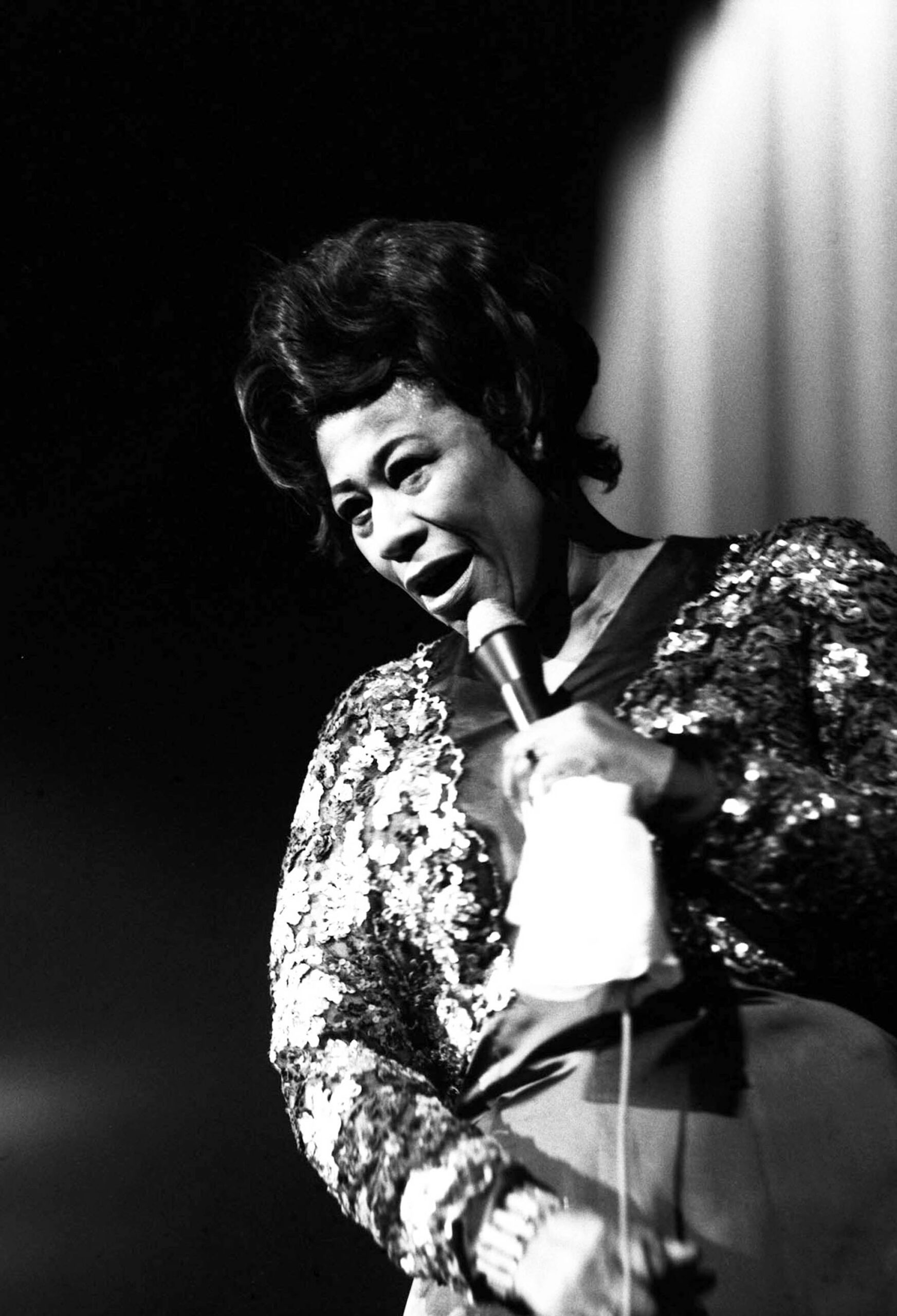
Muzsika also published an article by music historian László Hegedűs, who had a brief conversation with the artist at the Royal Hotel: ‘Ella is sitting in an armchair, taking her temperature. Her black companion and friend is placing her suitcases on the floor. She is looking for medicine. Ella has a fever. She says right away: “We’ll just have a cup of coffee, then I’ll send you on your way. Otherwise, I’ll be dead by morning.”’
Ella said the following about the concert: ‘It’s strange to me that they don’t know the customs of jazz concerts yet. At home, but also in Western Europe, the audience applauds improvisation and the twists and turns they like. Here, when they hear a familiar melody, they immediately clap their hands. This threw me off a bit. I had to sing the theme several times to make the transition to improvisation smooth. Of course, the success felt very good. Repetition is not customary at home. I told Tee that it was a different country, different customs, let’s repeat it. Only my legs couldn’t take it anymore. I’m not exactly skinny.’ When asked by Hegedűs what she thought of the new styles, Ella replied: ‘All music is beautiful. It’s the intention that matters. The fact that they want to give something good, something beautiful. When I was a beginner, I just wanted to be the best. That’s not what’s important. You have to give your best. Of course, you think I’m just an old woman spouting platitudes. But if that’s the case, you’re wrong. Think about it.’
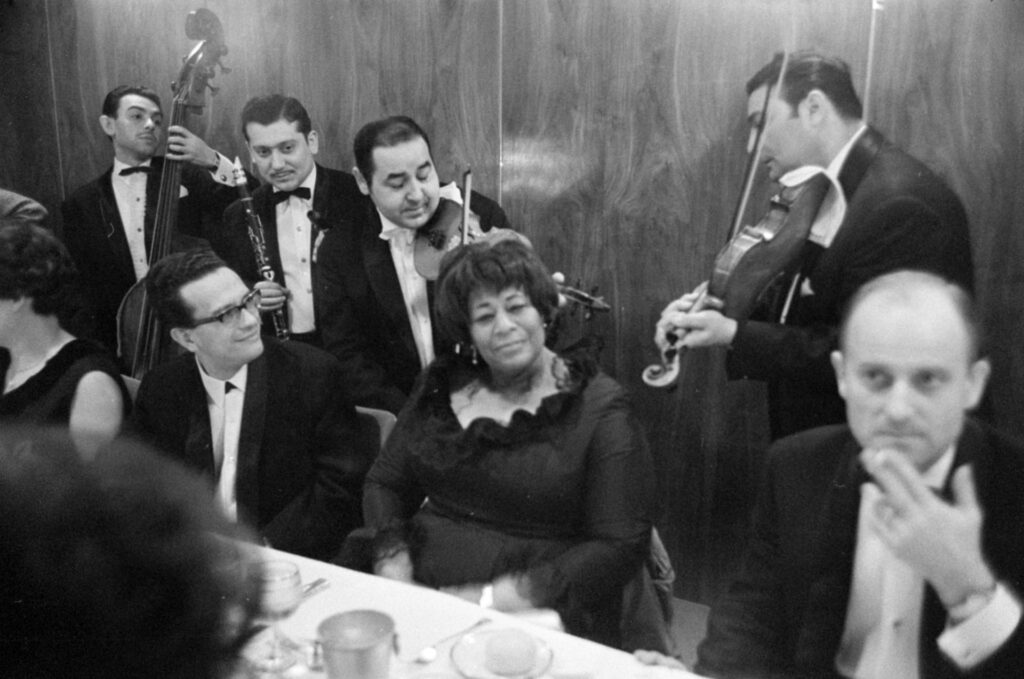
According to photos found in the MTI Photo Bank and Fortepan, Fitzgerald was also taken to an international gypsy ball held at the Royal Hotel after the concert, where Károly Vörös’ band played for the visibly exhausted singer. The concert was also reported on in the newsreels, and recordings of it can be heard in two parts on YouTube, here and here.
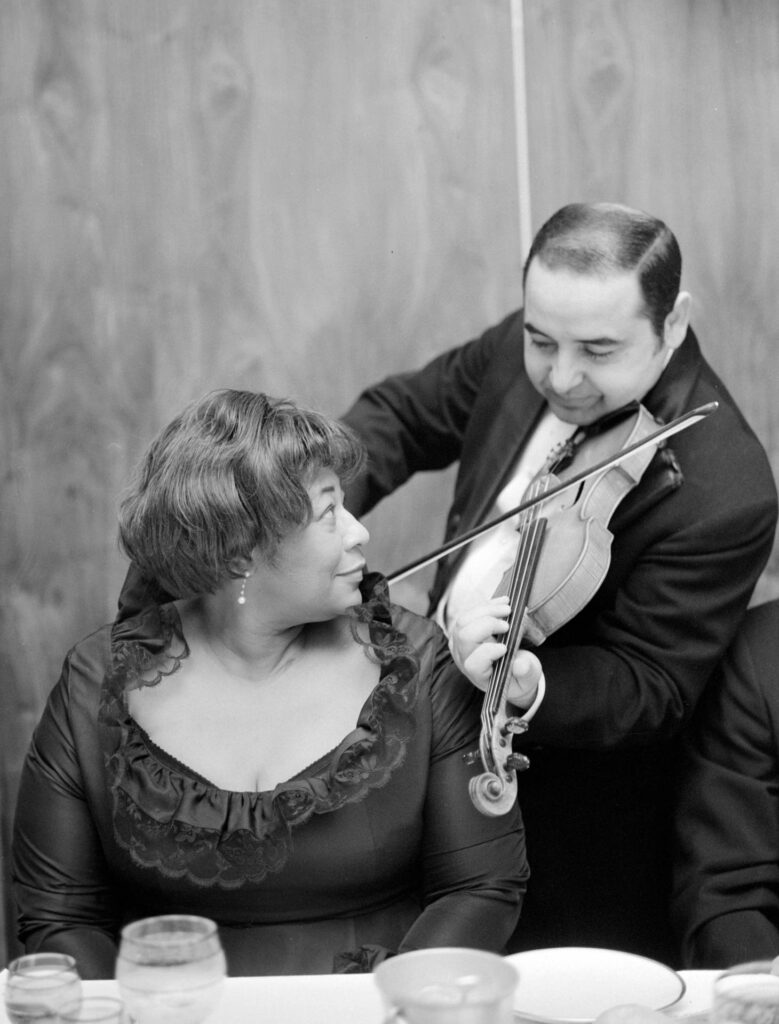
Fitzgerald once again returned to Budapest in May 1970, and the recording of her concert was later released under the title Ella in Budapest. At this time, she was accompanied by the excellent pianist Tommy Flanagan (former bandmate of John Coltrane, Sonny Rollins, and Miles Davis, among others) and presented a thoroughly modernized programme, ranging from Burt Bacharach songs to Blood, Sweat & Tears’ ‘Spinning Wheel’ and ‘The Girl from Ipanema’. Népszava managed to catch Fitzgerald for a short interview, in which she claimed that she had tried to make goulash at home several times, but something was always missing. ‘Maybe it’s the paprika?’ It is unclear how much of this was intended as a gesture to the Hungarian audience, but in any case, her concert at the Erkel Theatre ended with the same thunderous applause that lasted for minutes, just like two years earlier.
Related articles:
Click here to read the original article.

